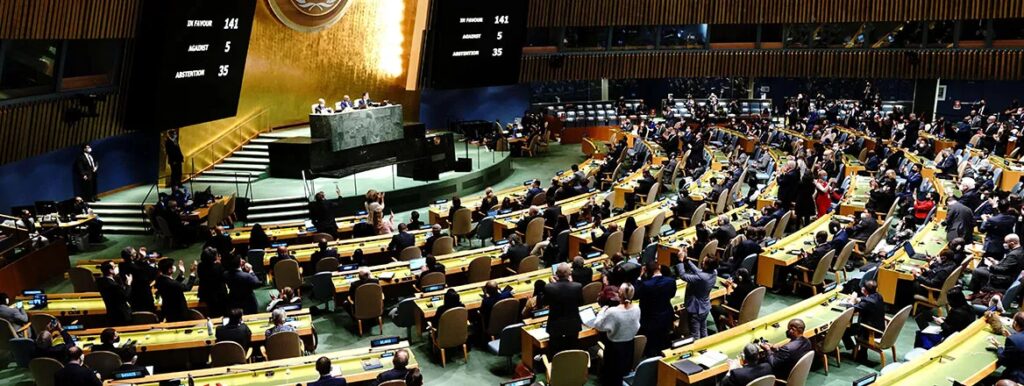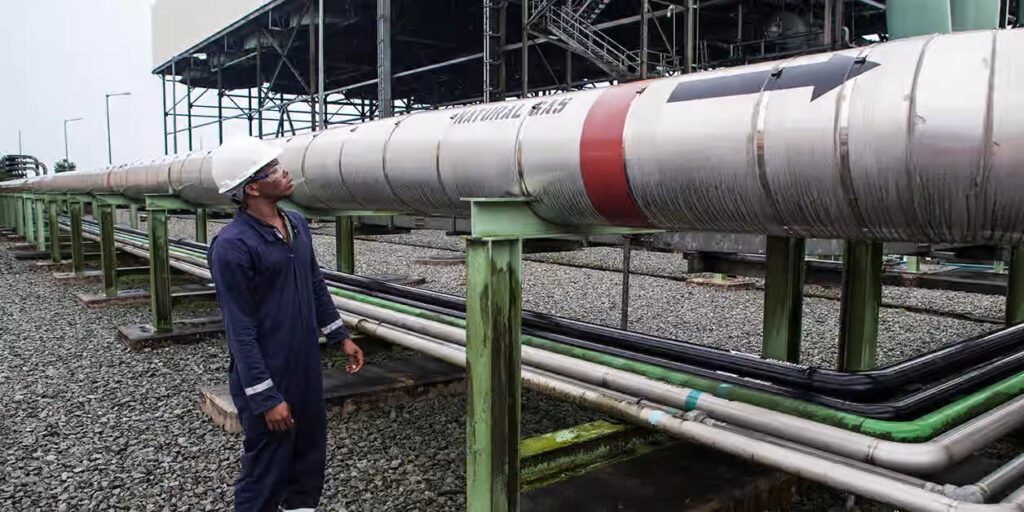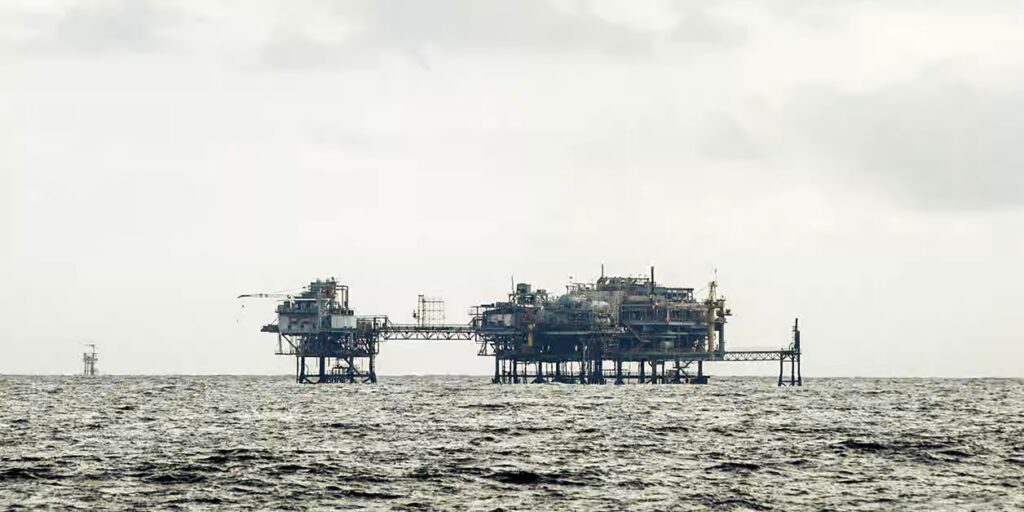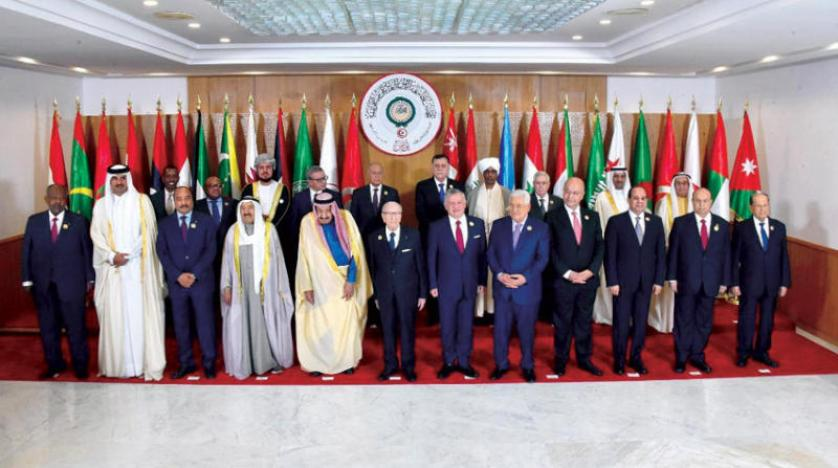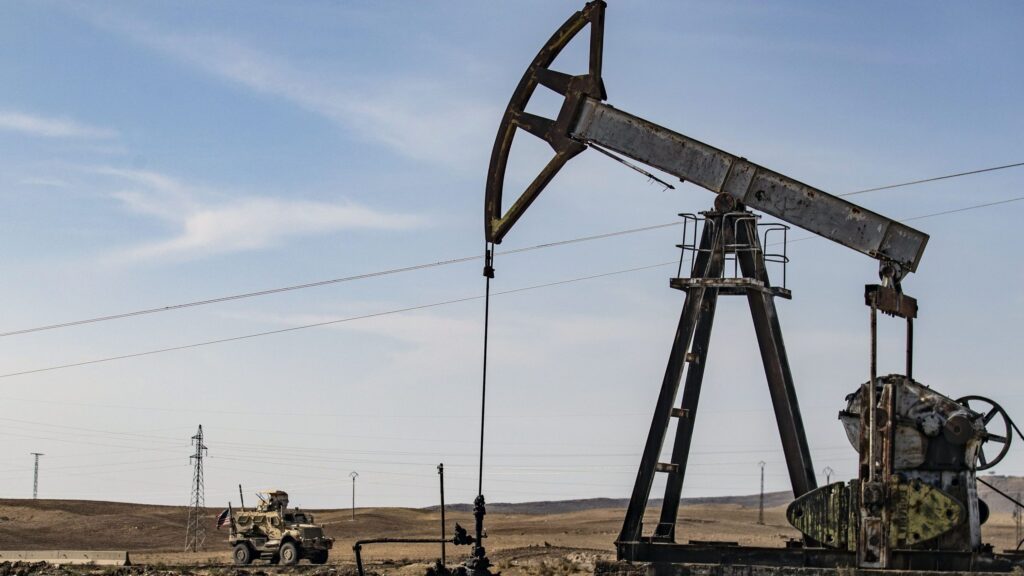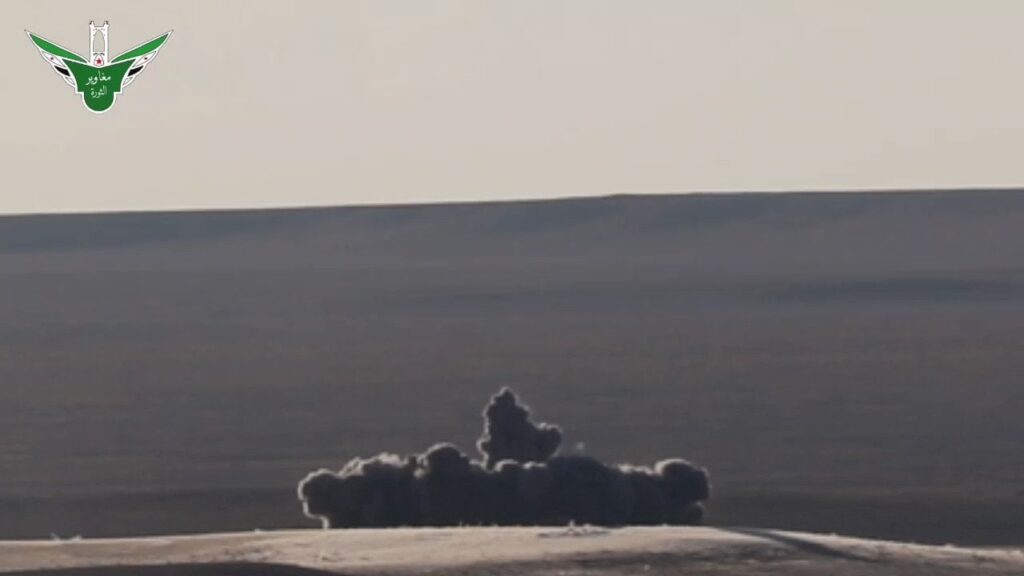Terrorism is Less of an Existential Threat than Russia and China
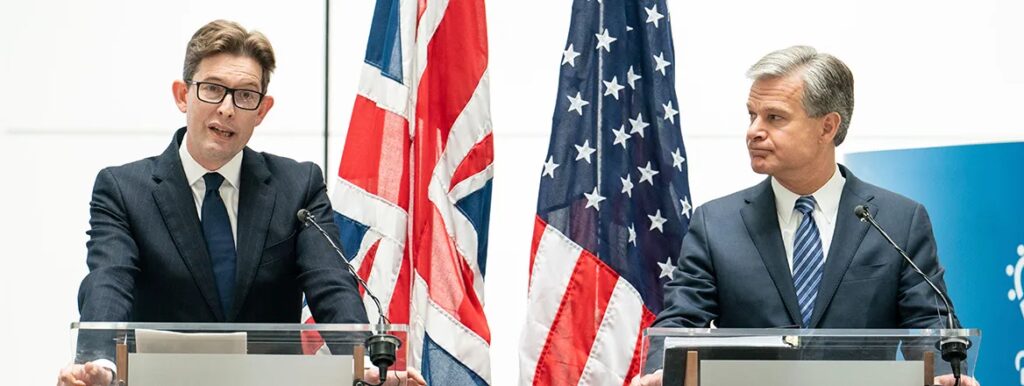
MI5 Director General Ken McCallum’s joint address with the FBI Chief on 6 July saw a welcome rebalancing of the security service’s focus towards nation-state threats. Counterterrorism is an important function, but it was allowed to dominate for two decades while Russia, China and other belligerent states were insufficiently monitored.

